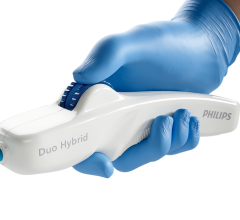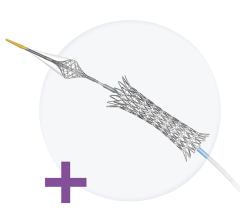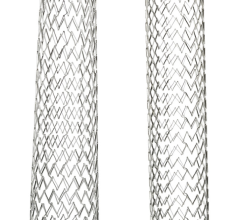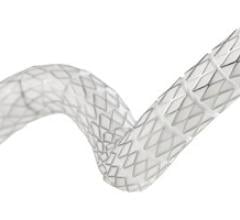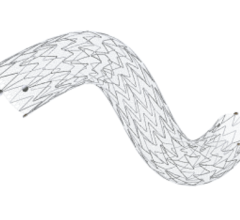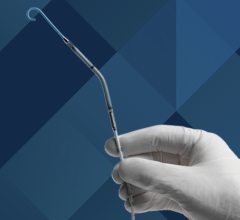Swiss researchers may have discovered the reason drug-eluting stents cause thrombosis, and their study results are published today, Jan. 2, in the Journal of the American College of Cardiology.
The study suggests that the drugs with which stents are coated may stunt the heart’s natural ability to form new collateral blood vessels that can salvage heart muscle by rerouting the blood supply.
"Our results show that drug-eluting (coated) stents may hamper the heart's ability to salvage its own muscles," senior author Christian Seiler, a professor and physician at University Hospital in Bern, Switzerland, said in a statement. " . . . This could lead to a more severe heart attack."
The study presents some "very intriguing evidence," said David Marks, an associate professor of medicine at the Medical College of Wisconsin and director of the cardiac catheterization laboratory at Froedtert Hospital in Wauwatosa.
"They are speculating from very compelling and well-done data," Marks said.


 November 24, 2025
November 24, 2025 


